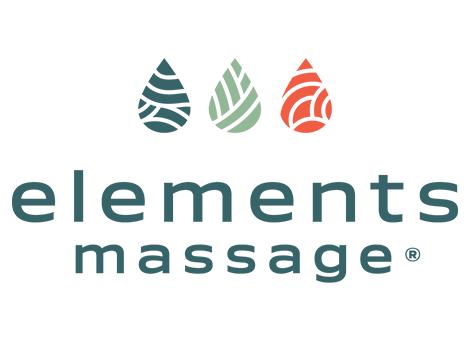Massage therapy has been widely used throughout history as a healing and relaxation technique. Among its many benefits, relaxation stands out as a core outcome, providing both immediate and sustained relief from physical and mental tension. This article delves into the scientific evidence supporting the effectiveness of regular, monthly massage in promoting bodily relaxation.
The Physiology of Relaxation
Before we delve into the specifics of massage, it is crucial to understand the physiological aspects of relaxation. During relaxation, the body undergoes a series of changes, such as a decrease in heart rate, blood pressure, and muscle tension, along with an increase in blood flow to the muscles (Moyer, Rounds, & Hannum, 2004). These changes reflect the body's shift from a state of 'fight or flight' to 'rest and digest' - a state where healing and rejuvenation processes are amplified.
Massage and Muscle Relaxation
One of the most pronounced benefits of massage lies in its ability to relax our muscles. A study conducted by Field, Diego, & Hernandez-Reif (2007), examined the impact of massage on the delta waves (the brain waves associated with deep sleep), and found that after a series of massages, there was a notable increase in the delta waves of the participants, suggesting a state of deeper relaxation. This effect is likely due to the release of tension in the muscles and improved blood flow resulting from the massage.
Moreover, a study by Buttagat, Eungpinichpong, Chatchawan, & Kharmwan (2011) examined the effects of traditional Thai massage on physical fitness in soccer players. The researchers found that the athletes who received massage showed a significant decrease in muscle tension and reported a subjective feeling of relaxation. (Read more...)
The Role of Massage in Stress Reduction
Stress is often characterized by high levels of cortisol, a hormone that prepares the body for 'fight or flight'. A study conducted by Field, Hernandez-Reif, Diego, Schanberg, & Kuhn (2005) found that a month of bi-weekly massages resulted in a significant decrease in cortisol levels, suggesting that regular massages could potentially lead to sustained stress relief and hence, relaxation. (Read more...)
Massage and the Autonomic Nervous System
The autonomic nervous system, which includes the sympathetic and parasympathetic systems, plays a significant role in relaxation. A study by Diego & Field (2009) showed that massage can stimulate the parasympathetic nervous system, responsible for 'rest and digest' activities. This stimulation helps promote relaxation, slow heart rate, and lower blood pressure.
In summary, a growing body of scientific literature supports the idea that regular, monthly massages can significantly contribute to bodily relaxation. They do this by reducing muscle tension, lowering stress hormone levels, and stimulating the parasympathetic nervous system. (Read more...)
References
- Buttagat, V., Eungpinichpong, W., Chatchawan, U., & Kharmwan, S. (2011). The immediate effects of traditional Thai massage on heart rate variability and stress-related parameters in patients with back pain associated with myofascial trigger points. Journal of Bodywork and Movement Therapies, 15(1), 15-23.
- Diego, M. A., & Field, T. (2009). Moderate pressure massage elicits a parasympathetic nervous system response. International Journal of Neuroscience, 119(5), 630-638.
- Field, T., Diego, M., & Hernandez-Reif, M. (2007). Massage therapy research. Developmental Review, 27(1), 75-89.
- Field, T., Hernandez-Reif, M., Diego, M., Schanberg, S., & Kuhn, C. (2005). Cortisol decreases and serotonin and dopamine increase following massage therapy. International Journal of Neuroscience, 115(10), 1397-1413.
- Moyer, C. A., Rounds, J., & Hannum, J. W. (2004). A meta-analysis of massage therapy research. Psychological Bulletin, 130(1), 3-18.

